2022 in review
Empowering women and girls with support from SwedenFive examples of how UNHCR – with support from Sweden – helps forcibly displaced women around the world.
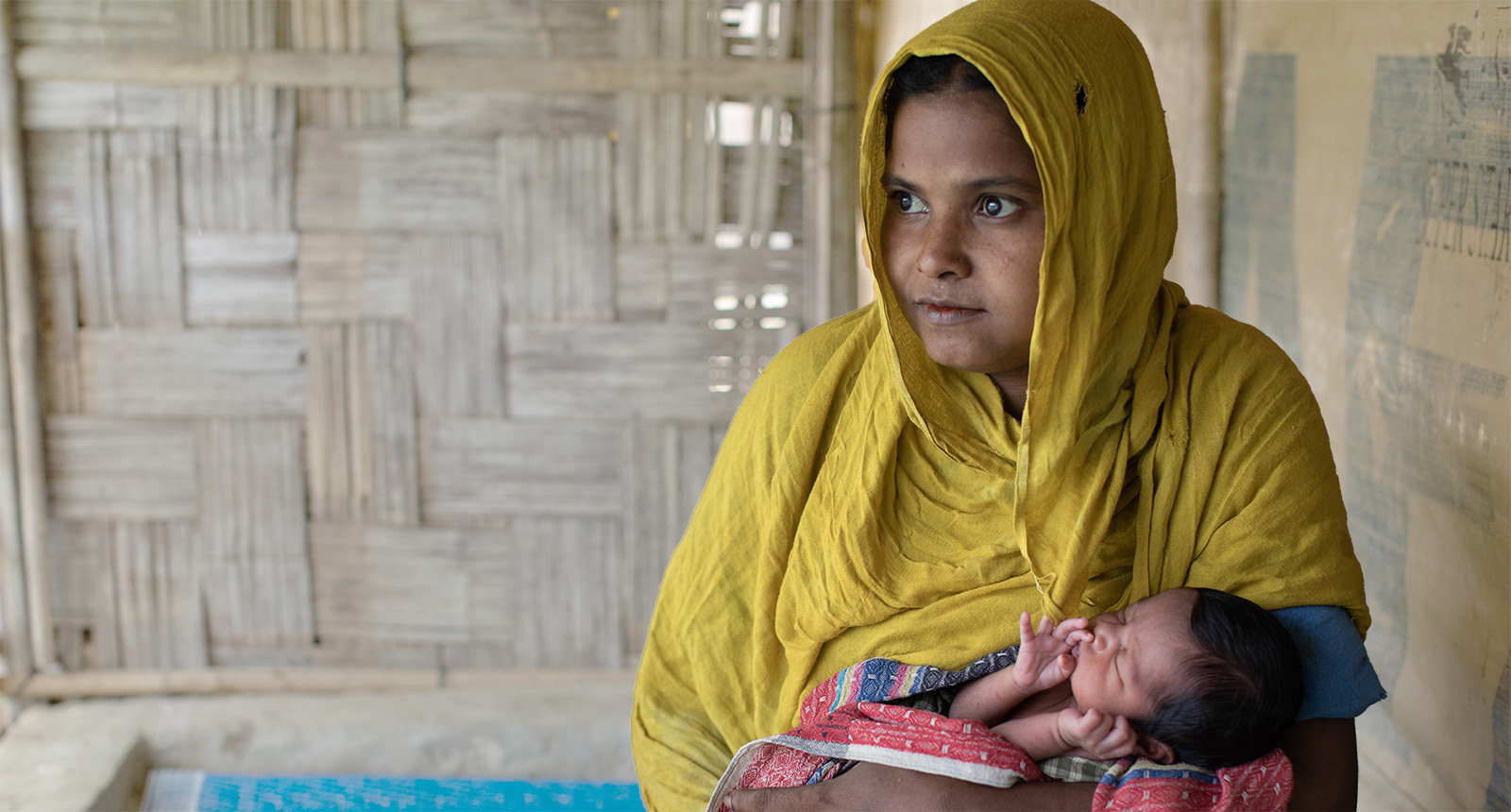
Bangladesh. Community health volunteer helps Rohingya mothers with post-natal care.
2022 in review
Empowering women and girls with support from SwedenFive examples of how UNHCR – with support from Sweden – helps forcibly displaced women around the world.
Bangladesh. Community health volunteer helps Rohingya mothers with post-natal care
More than 100 million people are forcibly displaced around the world today. UNHCR, the UN Refugee Agency, relies on support from donors to protect them and respond to their diverse and increasing needs.
Sweden is one of UNHCR’s biggest donors and its support has enabled us to have an inclusive response at the onset of a refugee crisis, and to continue a sustainable response if it becomes protracted. Sweden is the biggest multi-year donor of unearmarked contributions, which allows UNHCR to respond swiftly in erupting emergencies, and to provide lasting support in the many overlooked and forgotten crises across the world. This unearmarked funding is especially important in ensuring that UNHCR can maintain and develop inclusive responses, projects and activities.
Women and girls face an increased risk of discrimination and violence when they are forced to flee. They are even more vulnerable when they are unaccompanied, pregnant, heading households, disabled or elderly. Support from countries like Sweden allows UNHCR to not only respond to their immediate protection needs and provide them with safety, but also empower them to rebuild their lives.
Sweden’s contributions to UNHCR
million dollars contributed in 2022
%
of the contribution was unearmarked in 2022
dollars contributed per capita
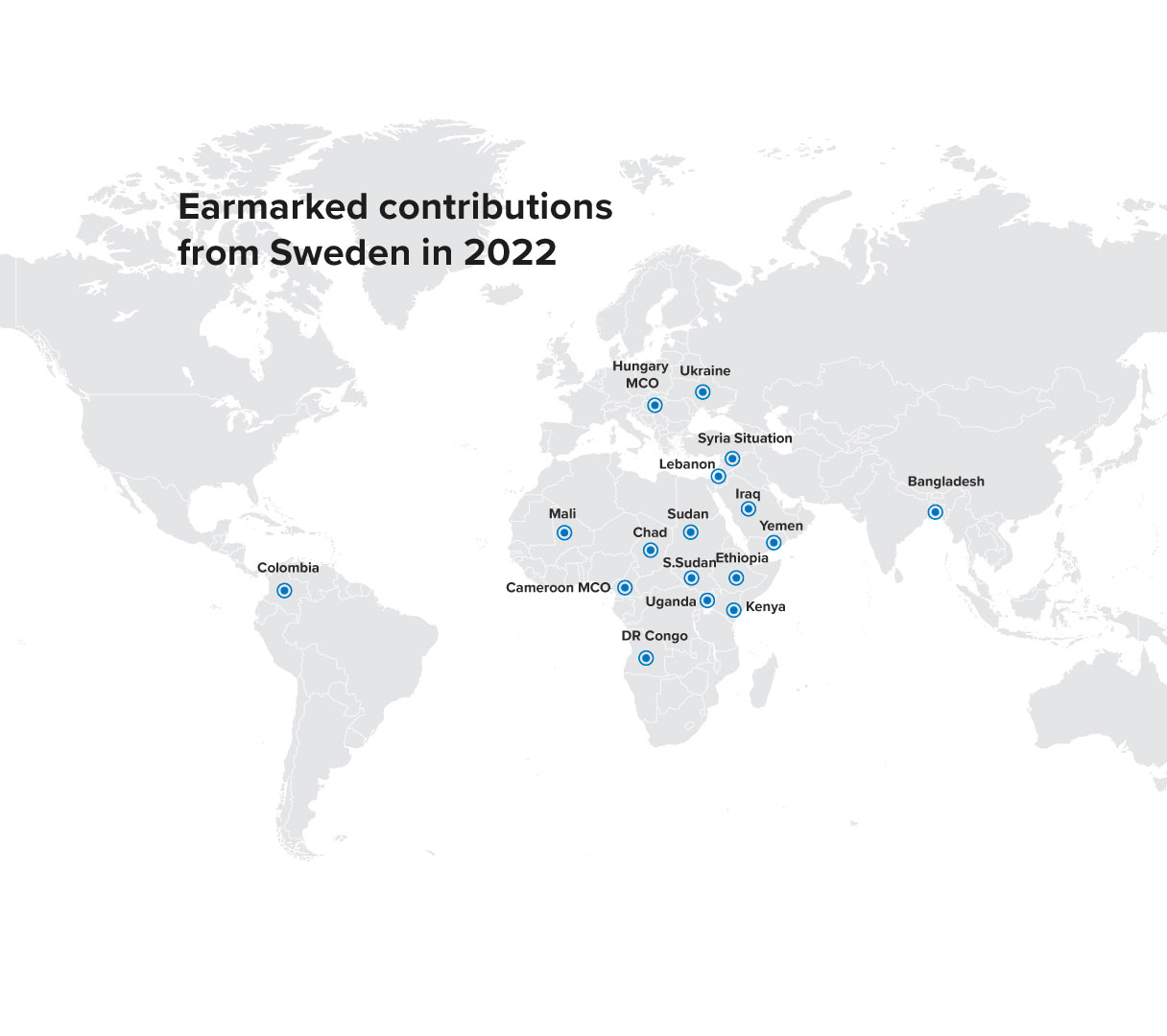
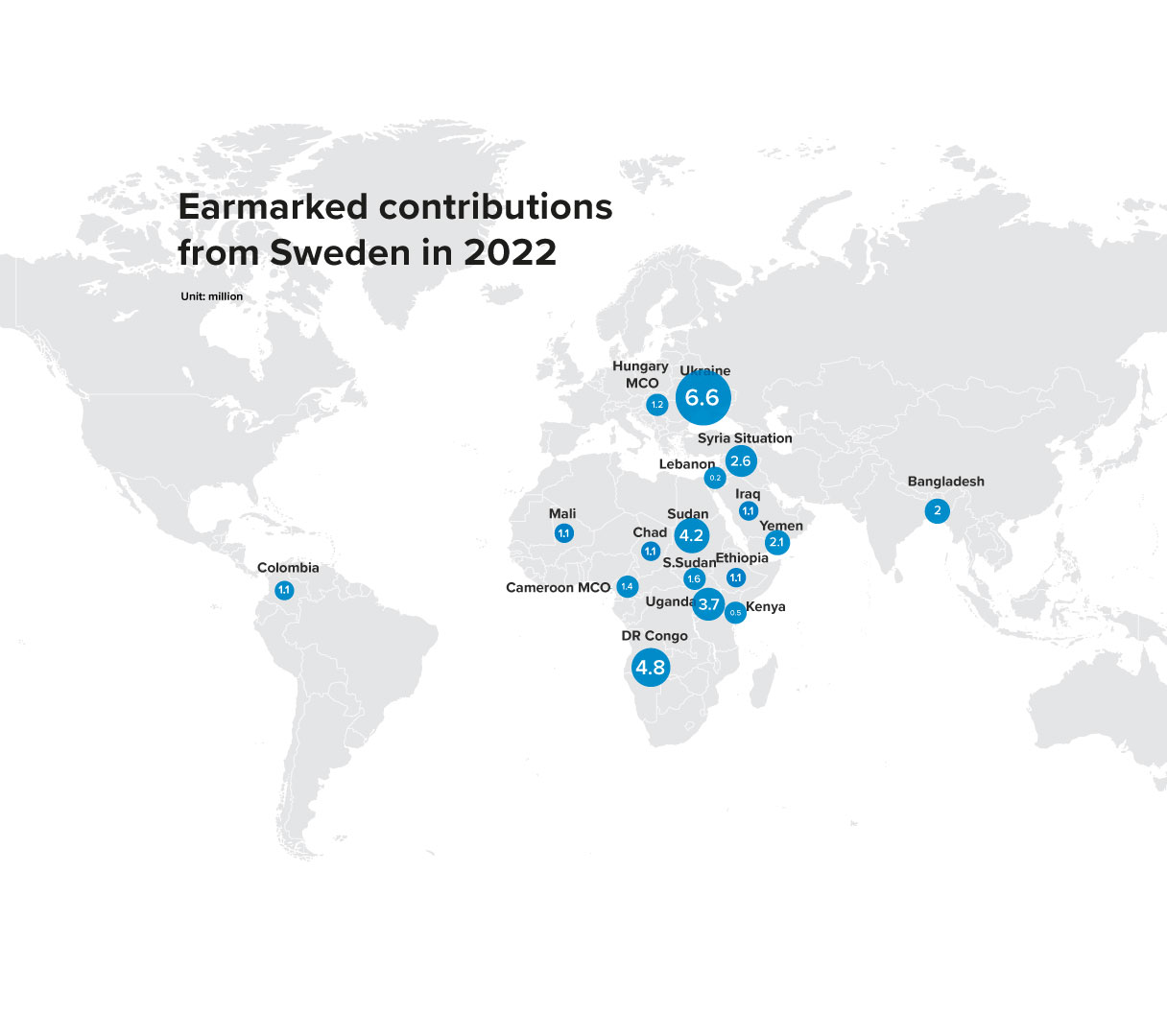
Grants to improve self-reliance for Syrian refugee women
The Syria crisis started more than ten years ago and as time passes, the needs grow.
million Syrians refugees have sought safety and are hosted in neighboring countries
%
of the forcible displaced Syrians are women, many of whom are heading households
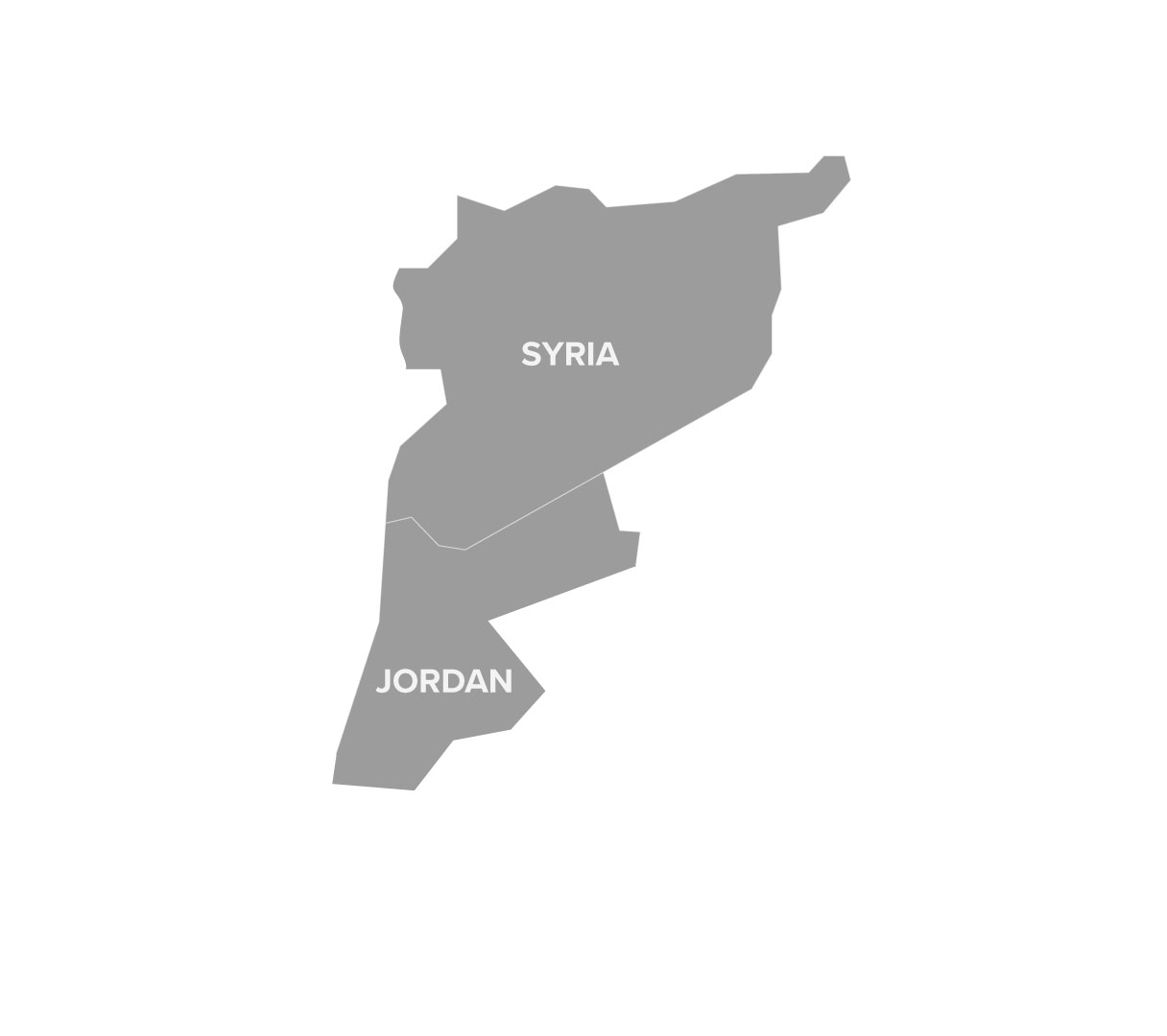
In Jordan, UNHCR with partners, provides training and skill-building opportunities to refugees with the intention of increasing their technical skills and supporting them to develop innovative and sustainable solutions to climate change and food security. This is especially important for female-headed households as it increases their employability.
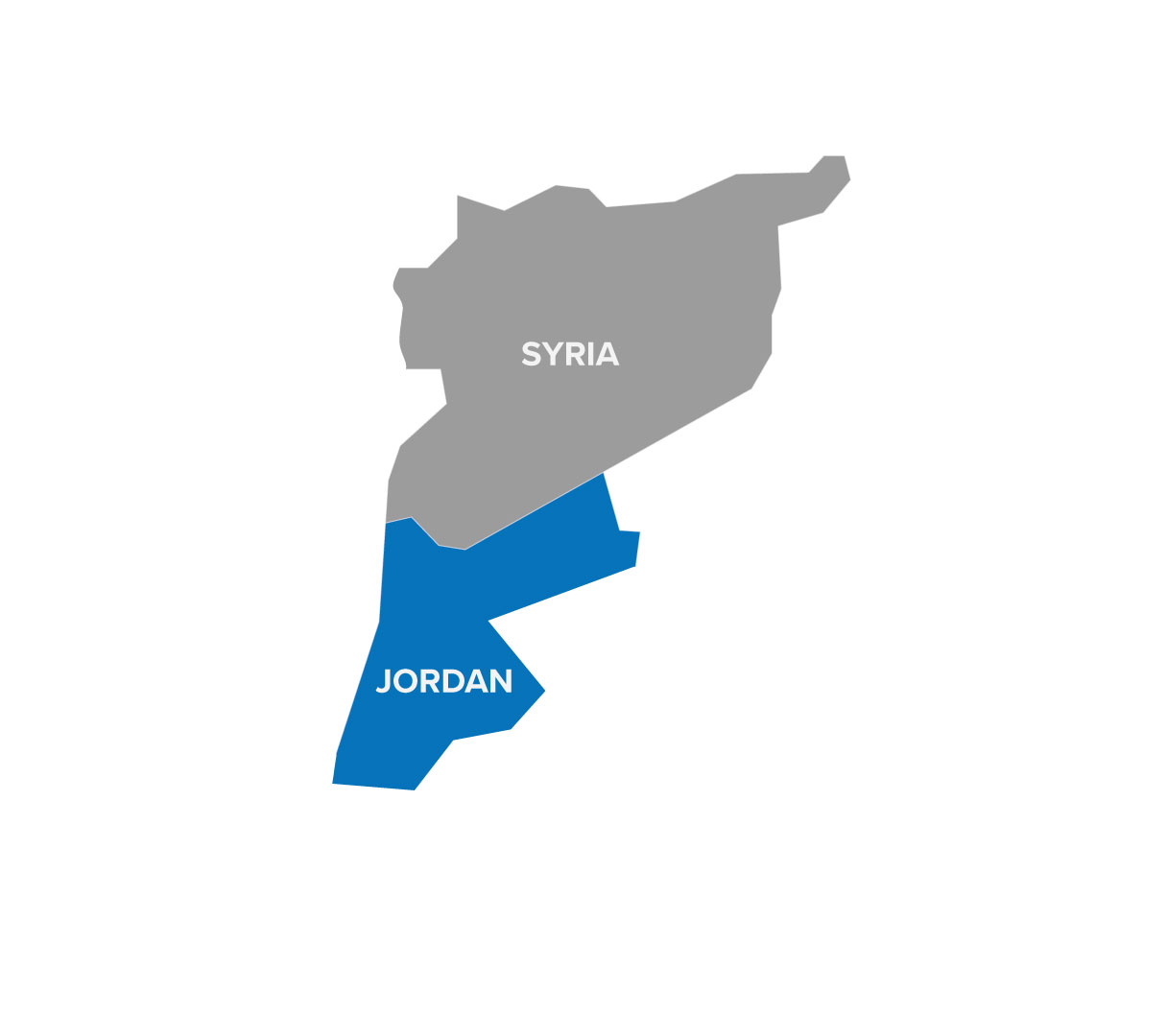
UNHCR, together with partners, also provides grants for refugees like Fatima so they can start businesses. Beneficiaries also receive training on water-saving farming methods. Fatima came to Jordan with agricultural experience from Syria. She needed a way to earn a living for her family and happened to live next door to Saja, a Jordanian, who owns a small piece of land. The grant they received allowed them to build a greenhouse on Saja’s land and start hydroponic farming, an agricultural method which saves water. They then sell the fruit and vegetables they grew. Fatima can now buy food for her family and pay rent.
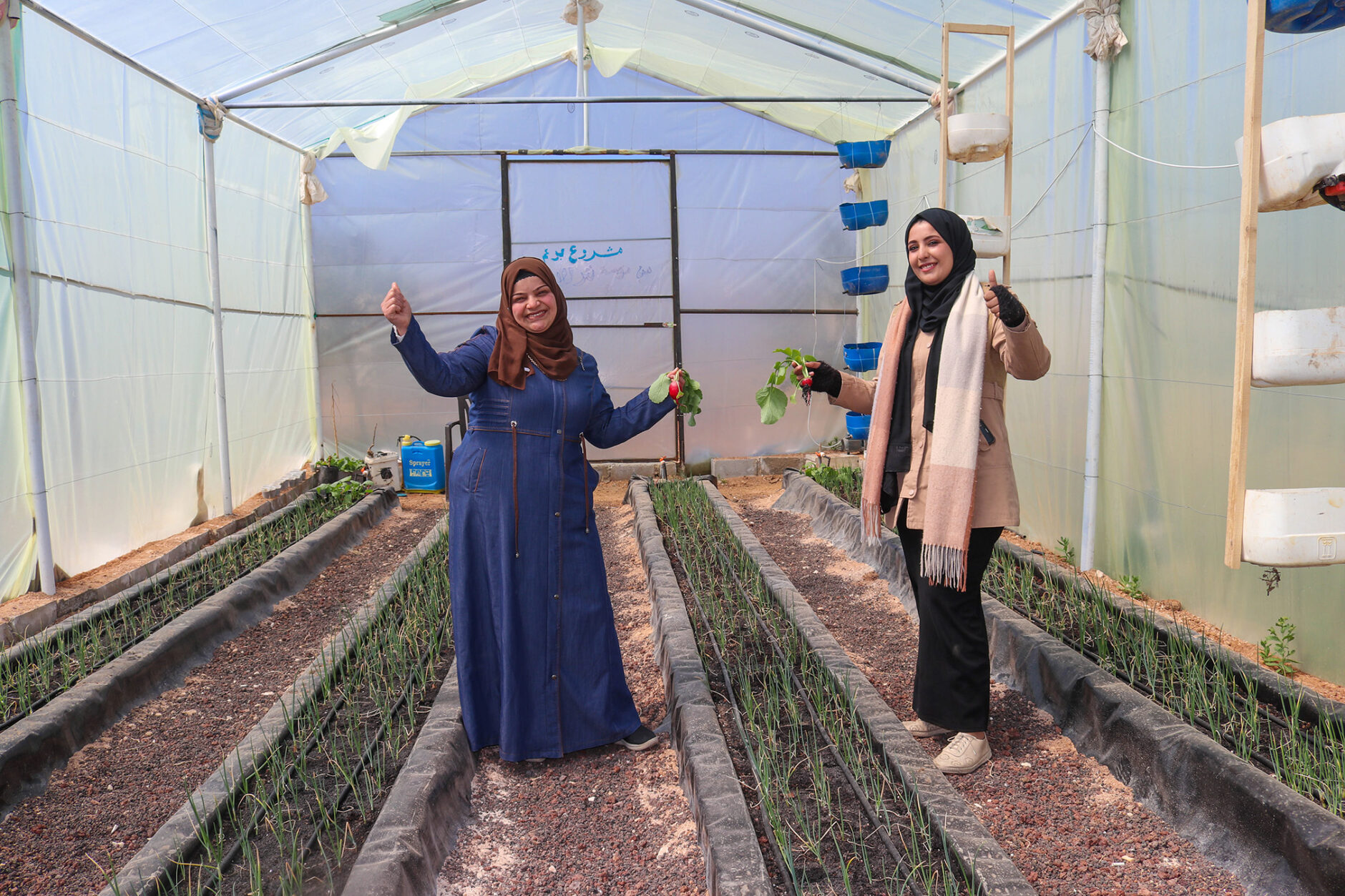
“I consider this business a great income for my family. I am able to take care of them and our situation has become better and better ”
—Fatima, left, Syrian refugee in Jordan
Opportunities in Bangladesh to produce environmentally friendly accessories
Cox’s Bazar – the largest refugee settlement in the world, for decades hosting Rohingya refugees from Myanmar – is also in one of the poorest districts of Bangladesh.
Rohingya refugees are hosted in Bangladesh
%
of them are female

In the Kutupalong camp in Cox’s Bazar District, there is a factory managed by a UNHCR partner producing ‘jute,’ an environmentally friendly, locally grown fiber. UNHCR provides women in the camp with the opportunity to produce bags, accessories, and other products with this material, so they develop their skills and earn a living.
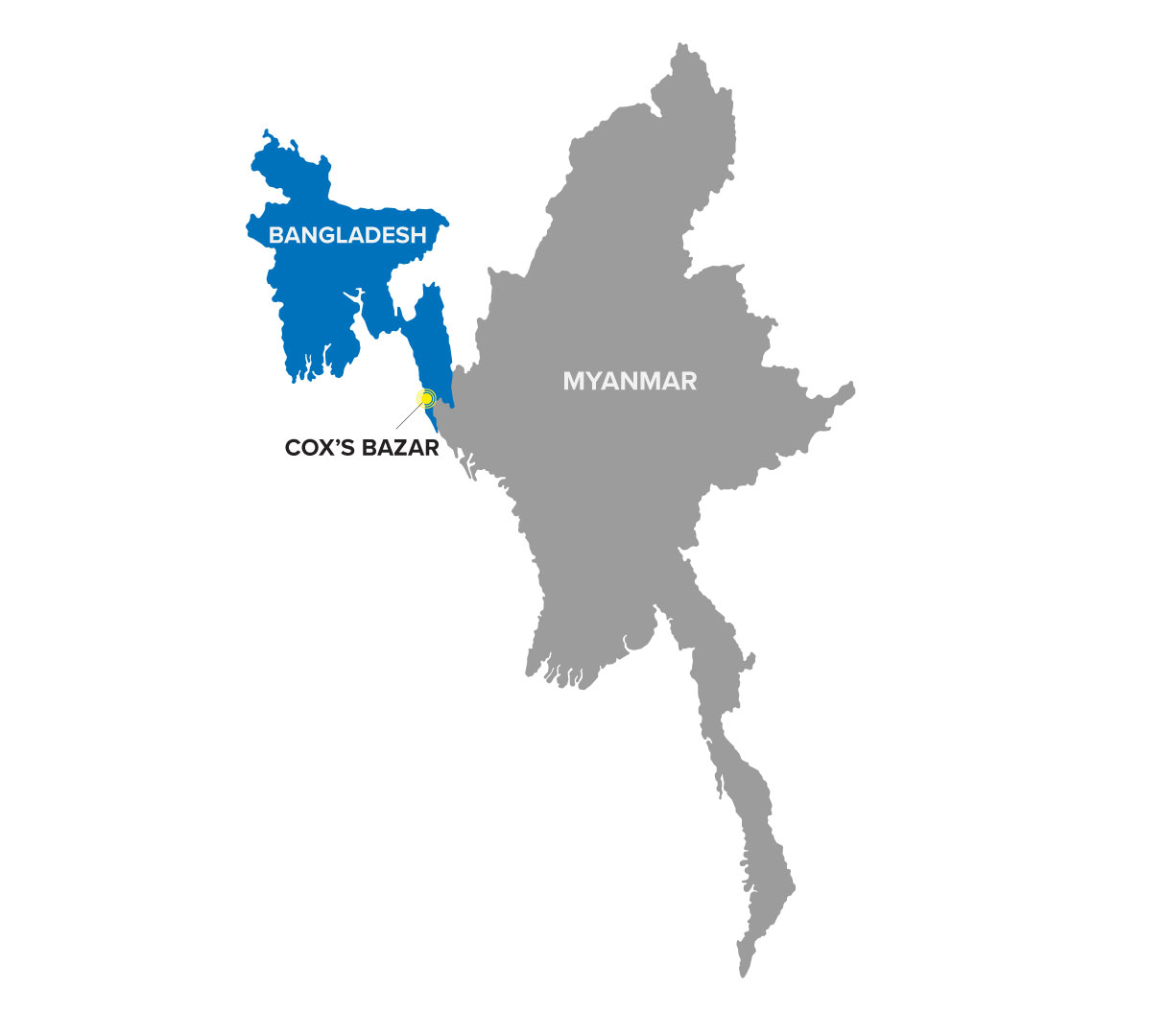
Over 2,000 women and girls have participated in skills and empowerment programmes like this in Cox’s Bazar, so they can become self-reliant and contribute to their community. For women like Sanowara, who used to be a tailor in Myanmar, this has offered her and her family the ability to afford clothes, footwear, and a more varied diet.
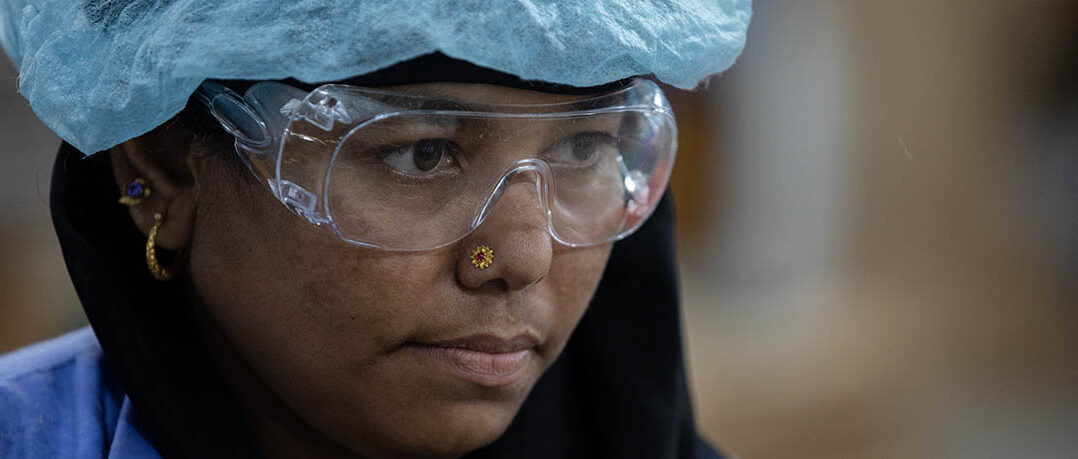
“We cannot survive only eating lentils and mashed chilies our whole life. We need money to buy fish, meat and medicines … that’s why I like working in this factory.”
—Sanowara, 35 years old, Rohingya refugee in Bangladesh
Educational access for girls in Kenya
Kenya is the second biggest refugee-hosting country in Africa, with the majority coming from countries hit by conflict and drought, such as Somalia and Ethiopia, as well as DR Congo, Eritrea and Sudan.
refugees and asylum-seekers are hosted in Kenya
%
of the population are women and children
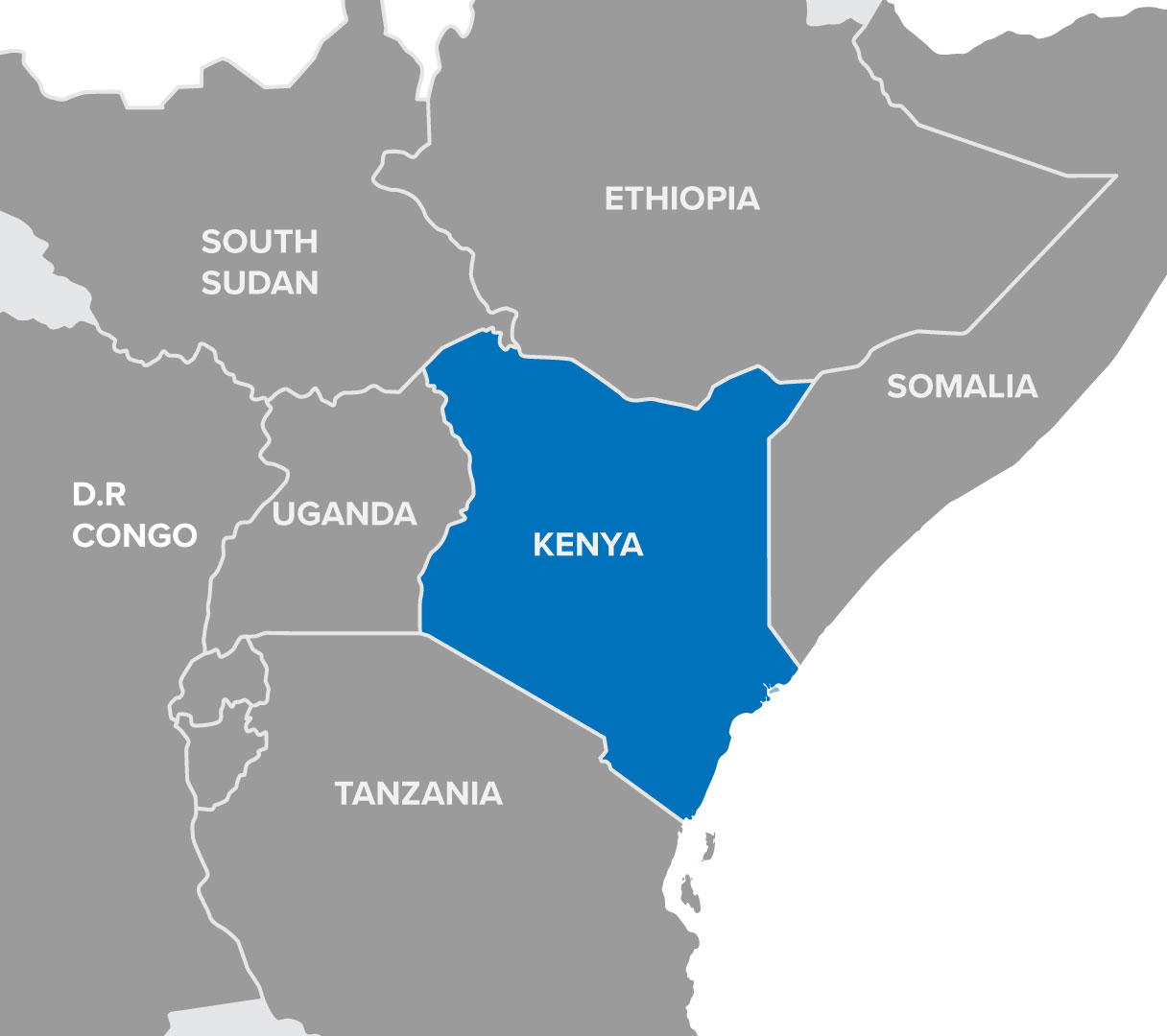
Almost half of all school-aged refugees in Kenya are out of education and the level of enrolment decreases with progression through the education system. Globally, as well as in Kenya, refugee girls are less likely to be enrolled in school than their male counterparts.
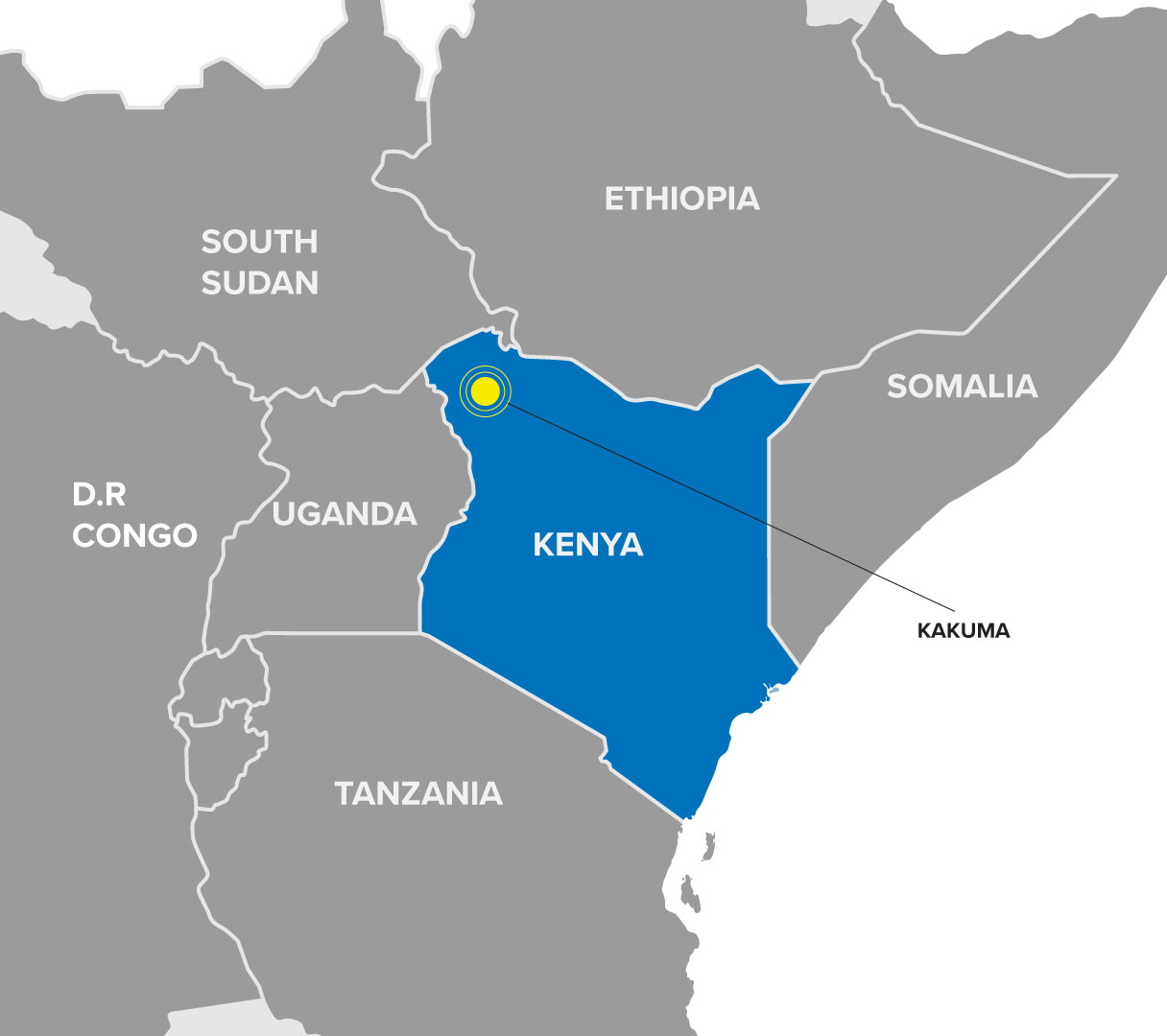
In Kakuma camp and Kalobeyei settlement, UNHCR works with partners to set up school clubs, provide remedial and catch-up lessons to girls in primary and secondary school. Primary education is freely available in the camps, and there are two girls’ boarding schools. Over 30,000 girls have been enrolled in pre-primary, primary and secondary schools.
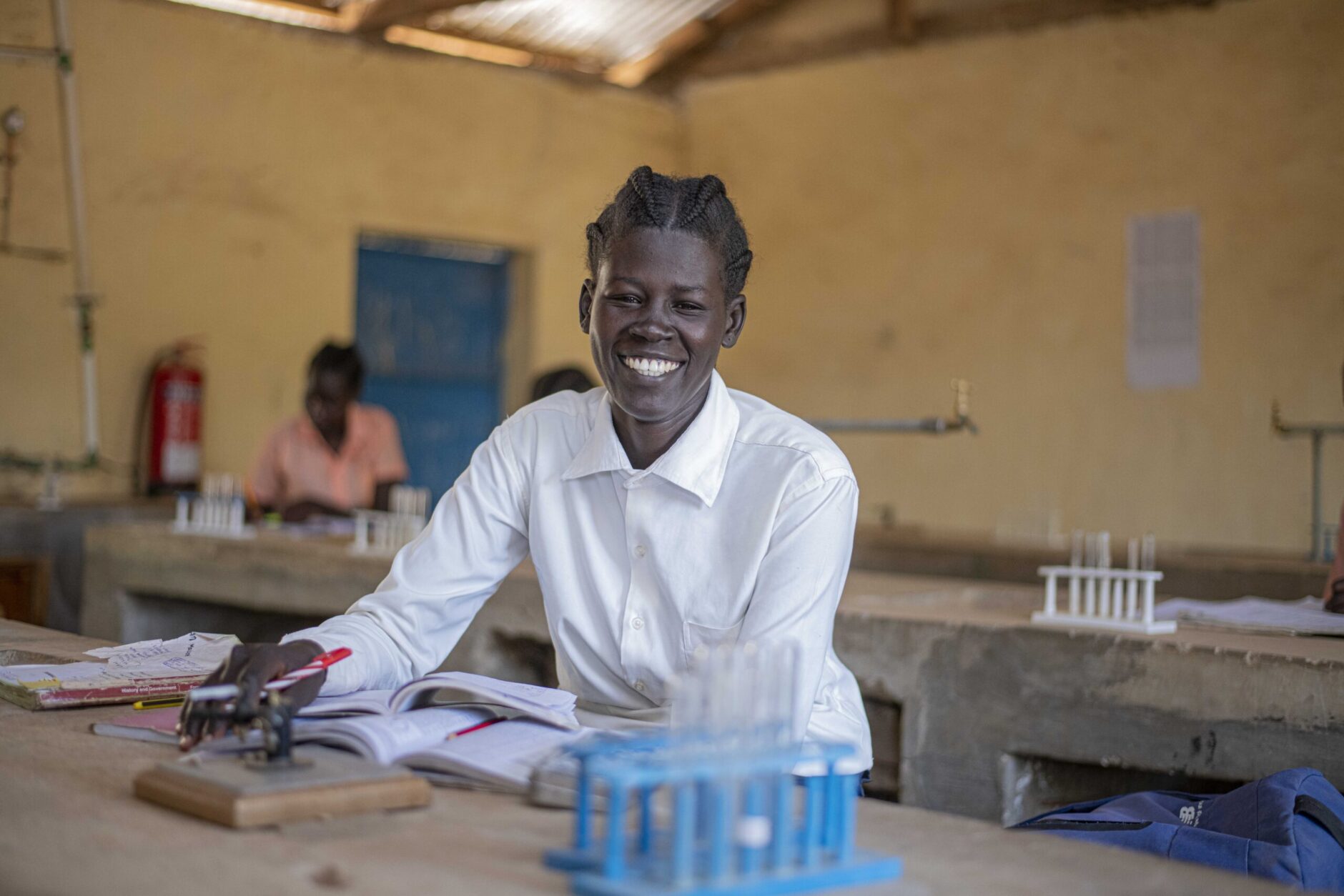
Nyater, a South Sudanese refugee, wants to pursue a career as a doctor when she finishes her secondary education. She studies at the laboratory during her spare time to catch up on lectures, run through her notes and ensure she passes key subjects.
Women receive vocational training in Cameroon
The Central African Republic (CAR) is one of the world’s poorest countries. Whilst it has been troubled by unrest for several years, intensified violence over the last five years have forced more people to flee to neighbouring countries like Cameroon
refugees and asylum-seekers from the Central African Republic around the world
refugees are hosted in Cameroon, the majority of whom are from the Central African Republic
%
of refugees in Cameroon are women and girls
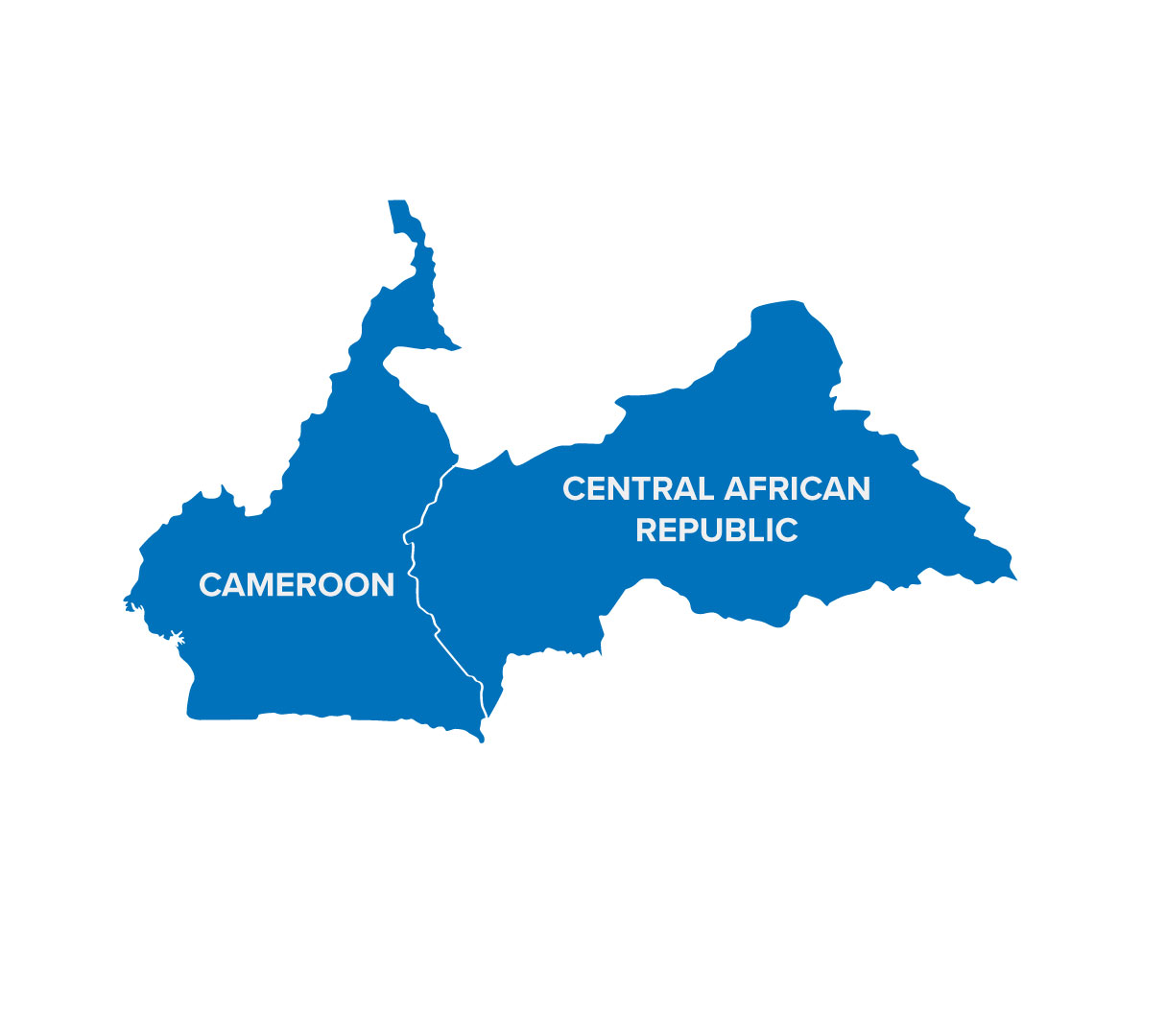
In Cameroon, UNHCR with partners, provides vocational training to refugee women who have been unable to receive a formal education. This training includes sewing, tailoring, and craft-making. Zeinabou, from the Central African Republic, lived in her village of Bangui until 2014.
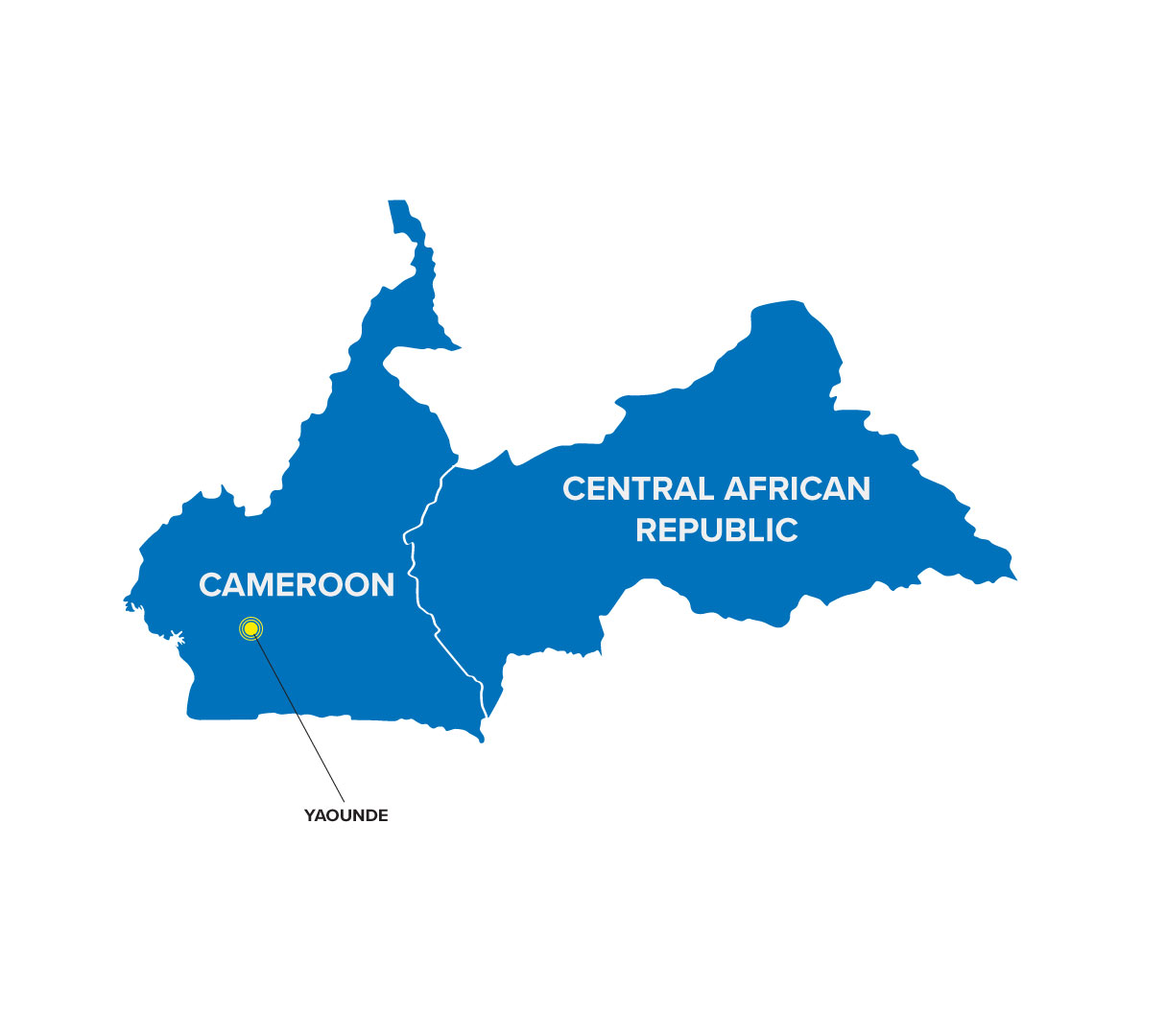
Lootings, beheadings, and rapes forced her to flee until she reached Cameroon’s capital of Yaounde, where she was sheltered by her friend, a nun who taught her crafting skills. She has turned her skill into a business and helps other displaced women as they make products they can sell together. All these women are beneficiaries of the training provided, and as a result, they can cover their own basic needs. They use the money to buy the resources necessary to make bags and accessories to sell.
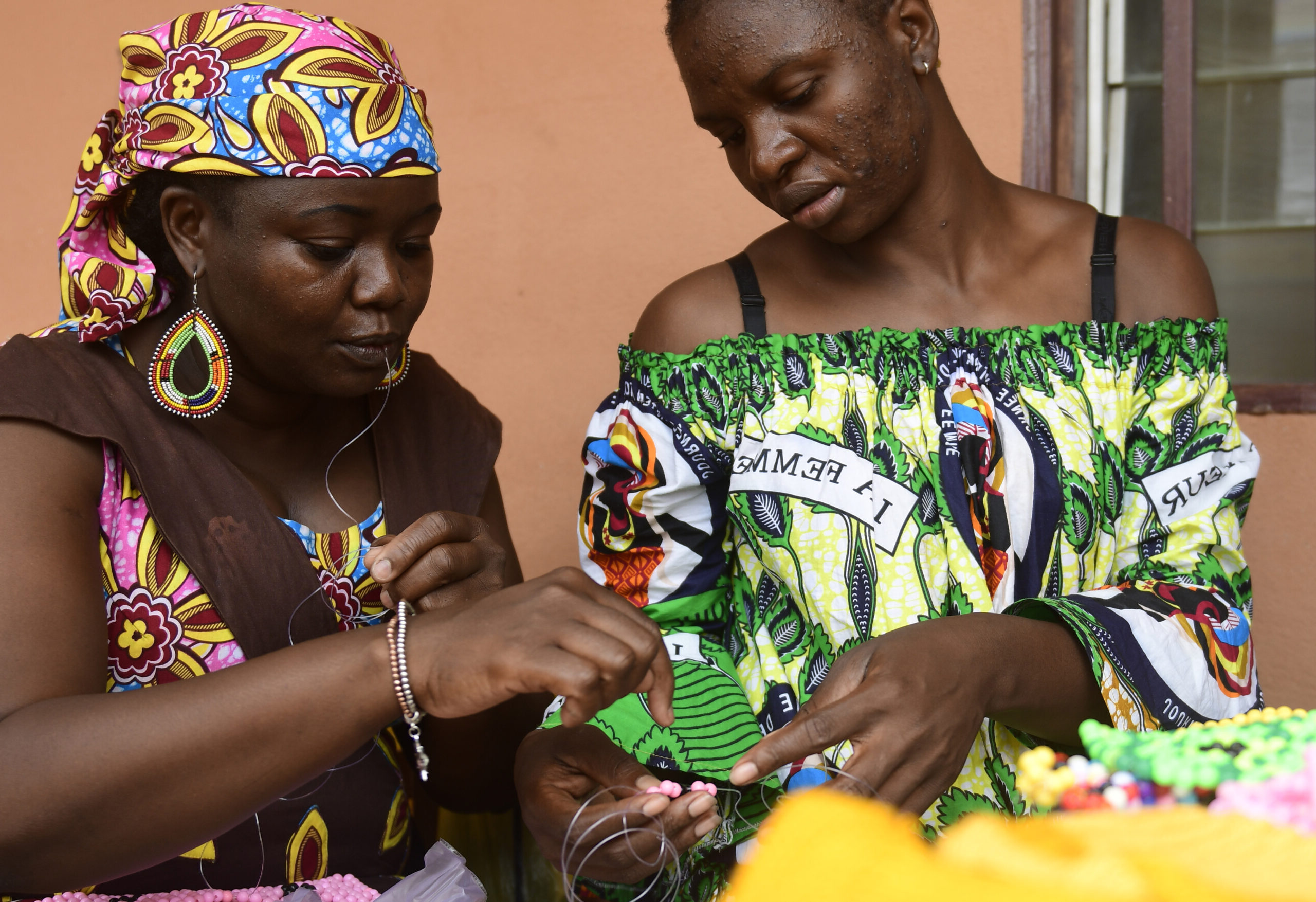
“II teach others because I see a lot of young girls, some young mothers who have nothing to do, and who have no work. So, if we can work together, we can produce a lot of articles to sell to a wide market. ”
—Zeinabou, CAR refugee in Cameroon
Helping survivors of gender-based violence in DR Congo
Waves of violence, the eruption of Mount Nyiragongo and poverty have forced people to flee their homes in the Democratic Republic of Congo (DR Congo) over several years. Women who flee such violence are at great risk of facing gender-based violence on their journey to safety.
million internally displaced people in DR Congo, amounting to the largest internal displacement crisis in Africa
refugees and asylum seekers are hosted in DR Congo, over half of whom are women
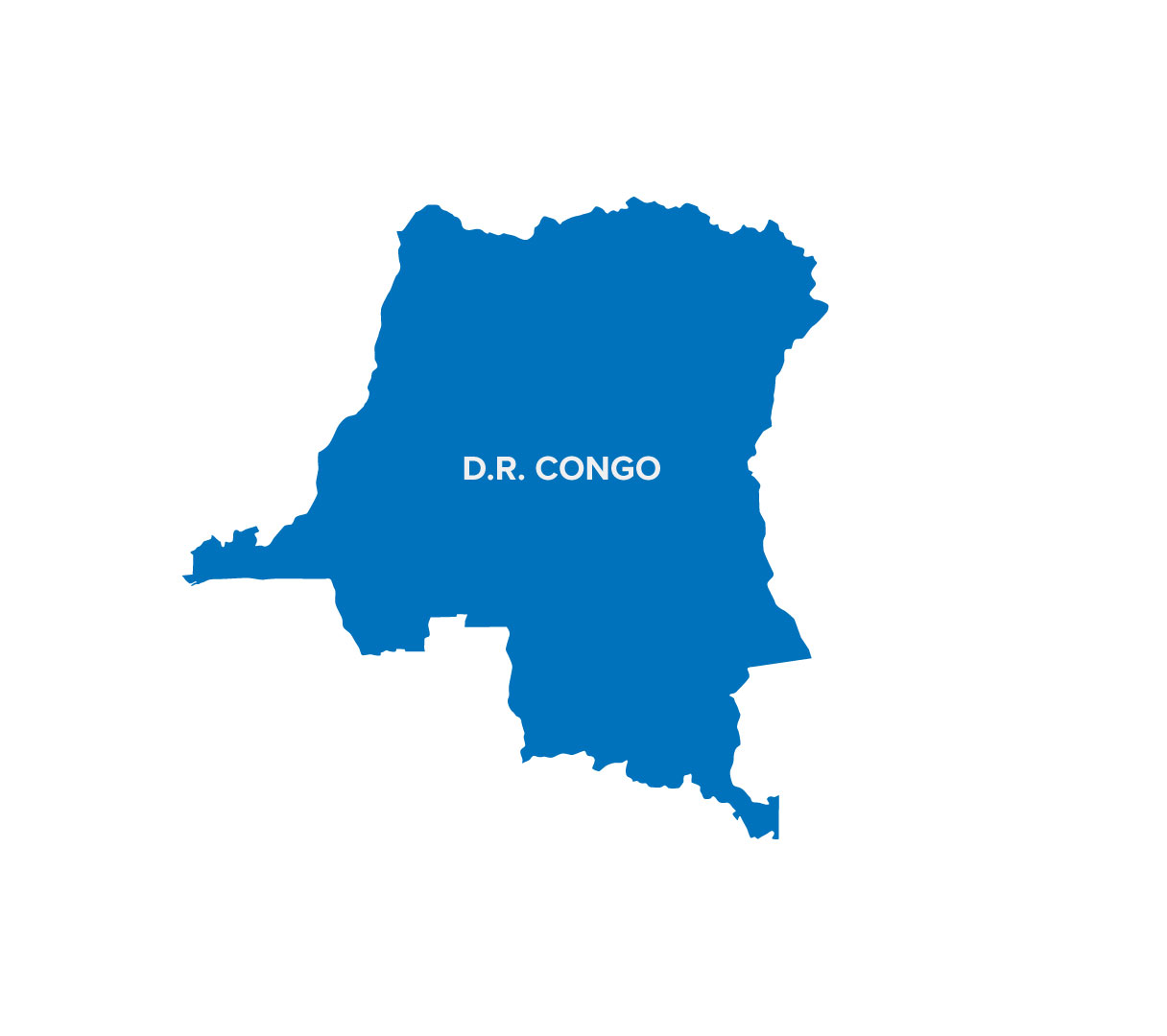
In DR Congo, UNHCR works with partners to provide psychosocial support to survivors of violence, but also to further build capacity on psychological first aid for survivors of gender-based violence. This includes physical violence such as rape, but also psychological violence and forced marriage. Survivors are also referred to psychological, medical and legal facilities. UNHCR has also organized training sessions on the prevention of sexual abuse with traditional leaders and authorities in DR Congo.
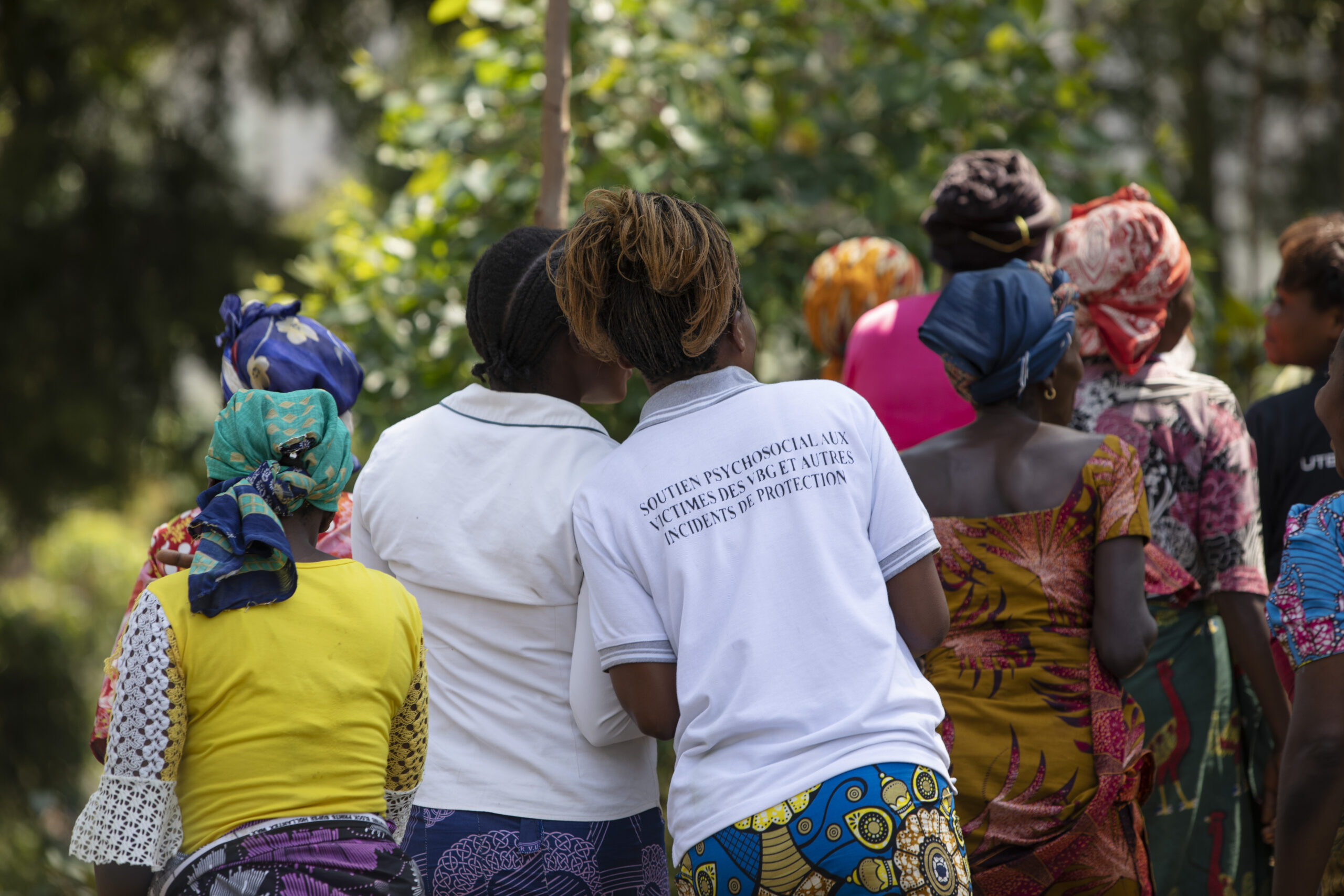
Women who have survived sexual violence are often isolated from their community and traumatized. In order to enhance their resilience and empowerment, UNHCR is providing tools and training to these women, such as soap-making kits, and, with partners, providing them with vocational training in engineering, IT and electronics so they can earn a living.
